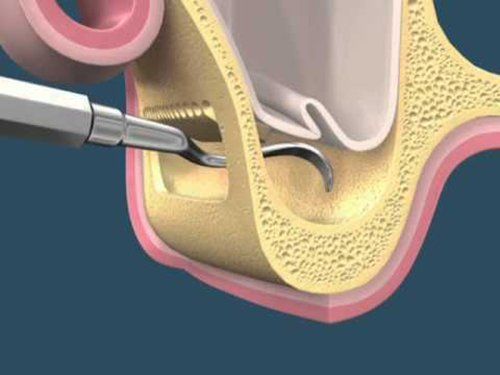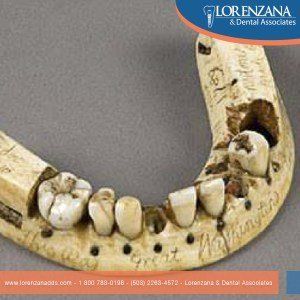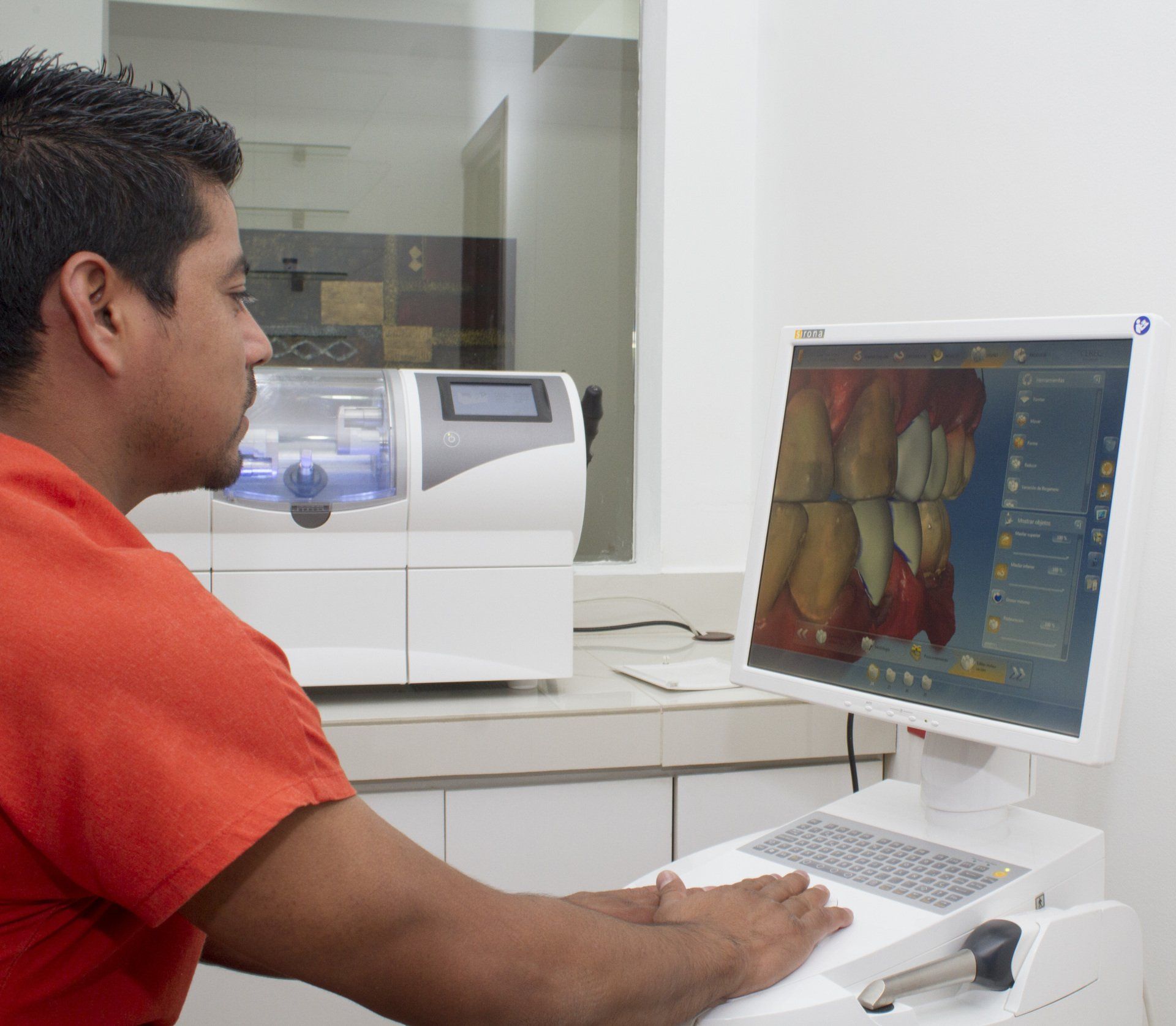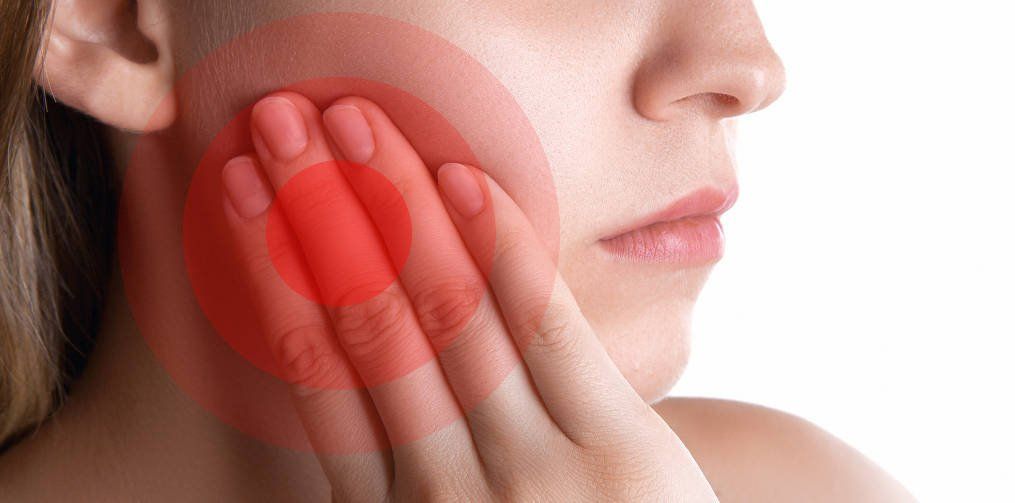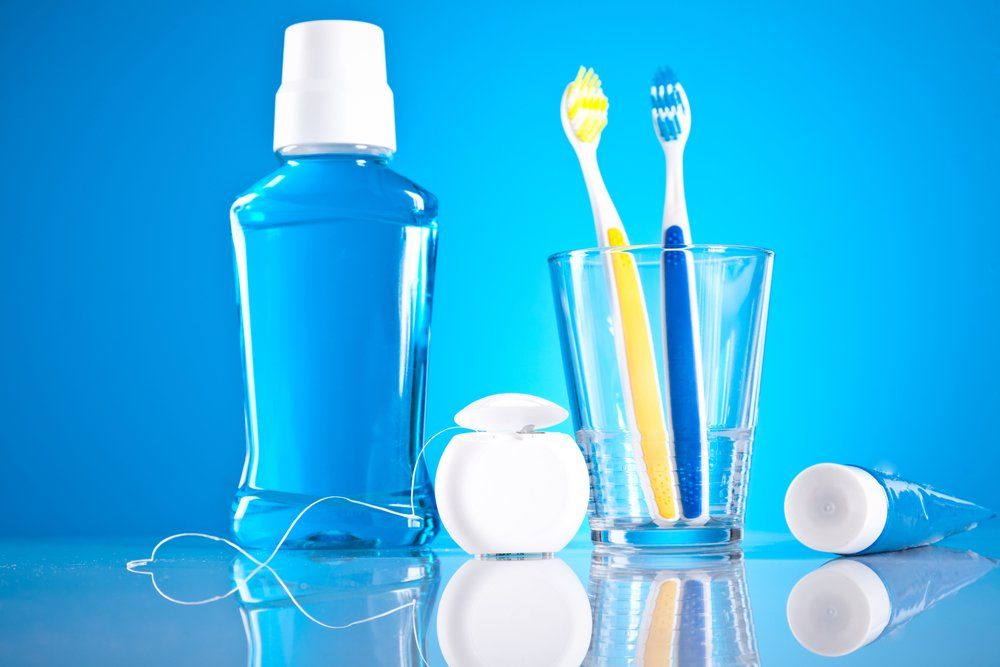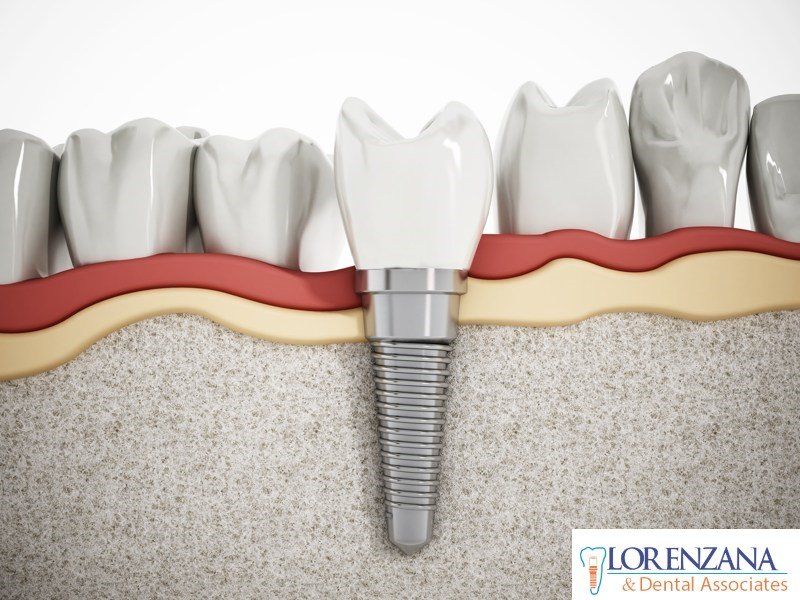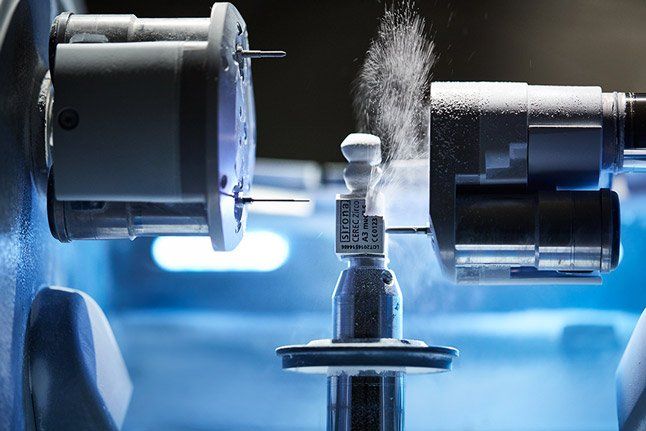Why do gums bleed?
Most of us have suffered that while brushing our teeth our gums start bleeding, or while eating have that blood taste in our mouth. Primary reason for bleeding gums is plaque accumulation between gums and tooth; this may cause a periodontal disease known as gingivitis which is the gums inflammation and bleeding as consequence.
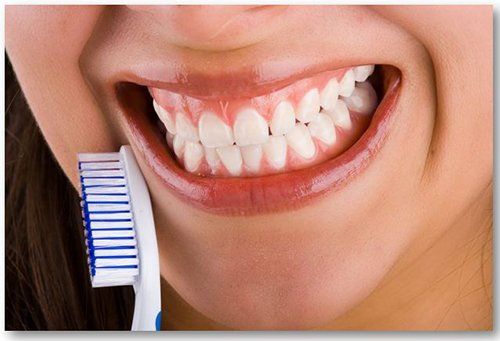
Gingivitis is a form of periodontal disease that only affects the gums, gums have a pink color and are solid, but when they easily bleed, take a darker color and/or swollen is necessary to consult with a specialist.
Despite gingivitis isn’t a severe illness, it is very important to treat this pathology in an effectively and timely manner since suffering this illness lengthily the patients increase the risk that gingivitis turns in periodontitis. Periodontitis affect gums as gingivitis but additionally affects alveolar bone that is the one that support teeth and the rest of periodontal tissues.
Some people avoid brushing when they start bleeding, but that’s not what experts recommend, on the contrary, the best way of eliminate plaque is a good oral hygiene, daily brushing and flossing and regular visits to the dentist.
Primary cause of dental bleeding is bad oral hygiene nevertheless there are other factors that increase probabilities of suffering gum problems:
- Smoking and drinking alcohol
- Age, older age means higher risk of suffering gum problems
- Diabetes
- Weak immunologic system, due some treatments or illness like HIV
- Lack of nutrients, when patient doesn’t have a balance diet
- Hormonal changes, during menstruation or pregnancy
- Anticoagulant medication or lack of Vitamin K
Nevertheless gums bleeding can also indicate the suffering of illness such as leukemia.
Experts recommend regular visits to the dentist, at least twice a year to maintain our mouth health, to schedule an appointment contact us to info@lorenzanadds.com
¿Por qué sangran las encías? – Gingivitis

A muchos nos ha pasado que al cepillarnos los dientes nos sangran las encías, o al comer tenemos un sabor incomodo de sangre en nuestra boca. La principal razón por la que sangran las encías es la acumulación de placa bacteriana entre la encía y el diente, esto produce una enfermedad periodontal conocida como gingivitis que consiste en la inflamación de las encías y su consecuente sangrado.
La gingivitis es una forma de la enfermedad periodontal que afecta únicamente a las encías, las encías tienen un color característico rosado y son firmes, cuando sangran con facilidad, toman un color oscuro y/o se inflaman es necesario consultar a un especialista.
A pesar de ser una enfermedad que no representa una mayor gravedad, es de vital importancia tratar esta patología de forma eficaz y oportuna, ya que al padecer esta enfermedad de forma prolongada, el paciente corre el riesgo que la gingivitis se agrave convirtiéndose en periodontitis anteriormente conocida como piorrea.
La periodontitis o piorrea afecta las encías al igual que la gingivitis pero adicionalmente afecta el hueso alveolar que es el que sostiene los dientes y el resto de tejidos periodontales.
Algunas personas al ver la sangre dejan de cepillarse, pero esto no es lo recomendable, al contrario, la mejor forma de eliminar la placa es una higiene adecuada, cepillarse bien los dientes y utilizar hilo y enjuague dental.
La principal causa del sangrado es la mala higiene sin embargo existen otros factores que aumentan las probabilidades de sufrir problemas de encías:
- Consumo de cigarrillo y bebidas alcoholicas
- La edad, a mayor edad mayor existe mayor riesgo de padecimiento
- Diabetes
- Sistema inmunológico débil, por algunos tratamientos o enfermedades como el VIH
- La falta nutrientes, el no tener una dieta balanceada que incluya todos los nutrientes necesarios
- Cambios hormonales, durante la menstruación y el embarazo
- Consumo de medicamentos anticoagulantes o falta de vitamina k
Sin embargo el sangrado de encías también puede indicar el padecimiento de enfermedades como leucemia.
Los expertos recomiendan hacer visitas regulares al dentista, al menos 2 veces al año para mantener la salud de nuestra boca, para programar su cita puede comunicarse con nosotros a info@lorenzanadds.com
